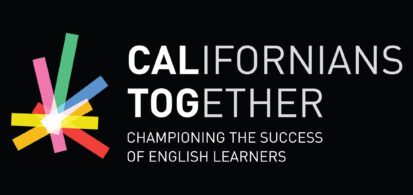In the last few weeks, several reports were released, documenting the negative impact that the current immigration enforcement policies are having on immigrant children:
The UCLA Civil Rights Project has released a report, entitled U.S. Immigration Enforcement Policy and its Impact on Teaching and Learning in the Nation’s Schools. The researchers, led by Dr. Patricia Gandara, surveyed thousands of educators across the U.S. and found that the teachers and administrators have noticed the impact, including increased absenteeism, behavior or emotional problems, and academic decline. The Civil Rights Project and the Migration Policy Institute co-hosted a convening and webcast at the Wilson Center to release the report as well as a companion paper about the impact on educators, Stressed, Overworked, and Not Sure Whom to Trust: The Impacts of Recent Immigration Enforcement on our Public School Educators.
Less than a week later, Center for Law and Social Policy (CLASP) released a pair of reports highlighting the impact of current immigration policy on young children and early childhood education providers. Our Children’s Fear: Immigration Policy’s Effects on Young Children surveyed educators in six states and also documents the negative impact that immigration policies are having on young immigrant children and their parents. The key findings include:
- Young children fear their parents will be taken away
- Young children’s daily routines are interrupted because fear is keeping families isolated in
their homes—resulting in reduced access to early care and education programs - Parent and provider accounts suggest that young children are getting less access to nutrition and health care services because of families’ fears
- Young children’s housing and economic stability are in turmoil, with likely significant consequences for their well-being
- Parents and caregivers—the most important source of support for young children—are themselves under severe stress and lack resources to meet their needs
The report finishes with Federal, state, and local policy recommendations as well as recommendations for the philanthropic community.
The companion report from CLASP, Immigration Policy’s Harmful Impacts on Early Care and Education, finds that:
- Early care and education programs have experienced drops in enrollment, attendance, and parent participation
- Early care and education programs face increased difficulty connecting immigrant families to health, nutrition, and social services
-
Many early care and education programs feel unprepared to meet families’ needs
- Immigration policy changes directly affect the early care and education workforce
- Early care and education programs’ responses to the current environment differ—with some taking on new roles and approaches
The four reports all highlight what educators across the country can tell you – immigration policies are deeply impacting the students, their families, and the educational staff they interact with on a daily basis.
